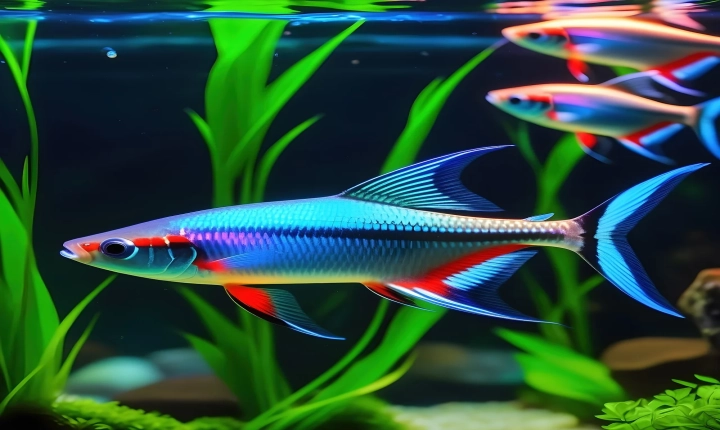Does ChatGPT check for plagiarism?
As the world becomes more interconnected through the use of technology, the need for tools to help ensure originality of content is becoming increasingly important. With the advent of AI-powered language models, such as ChatGPT, there has been a growing interest in understanding whether these tools have the capability to check for plagiarism.
ChatGPT, developed by OpenAI, is a large language model that has been trained on a diverse range of internet text. Its primary function is to generate human-like text based on the prompts it receives, making it a valuable tool for tasks such as content generation, language translation, and text summarization. However, the question of whether ChatGPT can detect plagiarism is a common one, especially given its ability to generate text that closely mimics human language.
The short answer is that ChatGPT does not have a built-in capability to check for plagiarism. Its primary function is to generate text based on the input it receives, rather than to compare the generated text with existing content to check for similarity. However, there are external tools and services that can be used in conjunction with ChatGPT to detect plagiarism.
One approach to leveraging ChatGPT in a plagiarism detection workflow is to use it to generate candidate responses based on a given prompt, and then use a separate plagiarism detection tool to compare the generated text with existing content. This two-step process can help identify potential instances of plagiarism by leveraging the language generation capabilities of ChatGPT alongside the specialized features of plagiarism detection tools.
It’s important to note that while ChatGPT itself may not have built-in plagiarism detection capabilities, there are ongoing developments in the field of AI and natural language processing that are aimed at addressing this very issue. Researchers and developers are actively exploring ways to incorporate plagiarism detection features into AI language models, which could potentially lead to more comprehensive and integrated tools in the future.
In the meantime, users of ChatGPT and similar language models should exercise caution when using the generated text and should consider utilizing external plagiarism detection tools to ensure the originality of their content. Additionally, it’s important to adhere to ethical guidelines regarding the use of AI-generated content and to attribute sources appropriately when incorporating information from existing works.
While ChatGPT itself may not check for plagiarism, it remains a powerful tool for a wide range of language-related tasks. As the field of AI continues to evolve, it’s likely that we will see advancements in the area of plagiarism detection within AI language models, potentially providing users with more comprehensive and integrated solutions in the future.
